When you’re out exploring, it’s exciting to come across beautiful waters. But remember, not all pretty waters are safe to swim in. Some of the world’s most stunning places to swim can also be the most dangerous. It’s important to know that sometimes, even the clearest and most inviting waters hide risks that could make swimming there unsafe. Before you jump in, make sure you understand what makes these places risky.
The Great Blue Hole, Belize

The Great Blue Hole of Belize, celebrated by Jacques Cousteau as one of the top diving destinations globally, presents a unique blend of beauty and peril. Its mesmerizing depths create powerful currents and vortexes, capable of drawing in the unwary. Plus, it’s deep – over 300 feet. And, about halfway down, scientists discovered a thick blanket of toxic gas. Below that, all signs of life vanished. All they found beneath this noxious gas blanket was a 2-liter Coke bottle (humans really do suck), a lost Go-Pro, and the remains of several humans who lost their lives diving here.
Rio Tinto, Spain

Spain’s Rio Tinto is a river like no other, its waters tinted red by the dissolution of heavy metals from the surrounding terrain. This unique ecosystem, rich in copper, iron, and other metals, presents a striking visual contrast to conventional water bodies. However, its chemical composition makes it inhospitable for swimming or any form of contact, so go sightseeing, take loads of photos, but stay out of the water.
Boiling Lake, Dominica

Imagine a lake so hot, its waters teeter on the edge of boiling. This is no fantasy; it’s the reality of Boiling Lake in Dominica. Nestled within the Morne Trois Pitons National Park, this hot spring is a natural wonder you’d do well to admire from a distance. With temperatures along its edges soaring between 82–92 °C (180–197 °F) and a center that defies close measurement due to extreme heat, Boiling Lake is a cauldron of steaming blue water that entices the eye while warning against the folly of immersion. Here, the steam veils not a relaxing spa retreat, but a natural phenomenon that demands respect and caution.
Kauai, Hawaii
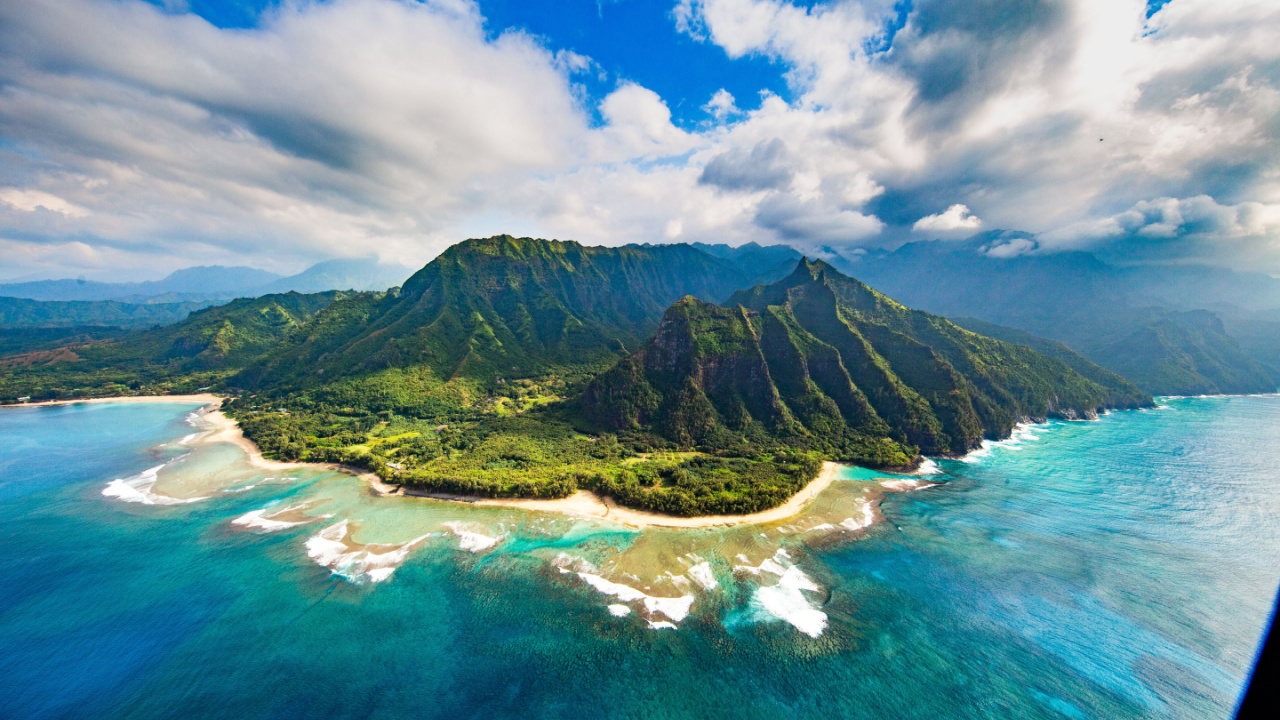
Kauai’s Nā Pali Coast, with its breathtaking vistas, hides a perilous secret in Hanakapiai Beach. This beach, while picturesque, has a notorious reputation for its dangerous surf, rip currents, and fatal shore breaks. Despite its allure, a somber wooden sign stands as a grim reminder of the lives claimed by these treacherous waters. The count of those lost is marked for all to see, urging visitors to admire the view without succumbing to the temptations of the waves. In Kauai, the beauty of the beach invites admiration, but the ocean demands respect.
Lake Karachay, Russia

In the annals of hazardous places, Lake Karachay in Russia occupies a dark chapter. Known as the most polluted spot on Earth, this lake became a receptacle for radioactive waste in the 1950s, resulting in a legacy of contamination and illness. The radiation levels here are so high that exposure could be fatal within an hour. Efforts to contain the menace by filling the lake with concrete and soil continue, but the legacy of Lake Karachay as a place of unseen danger serves as a harrowing reminder of humanity’s capacity to alter the environment in profound and perilous ways.
Horseshoe Lake, California
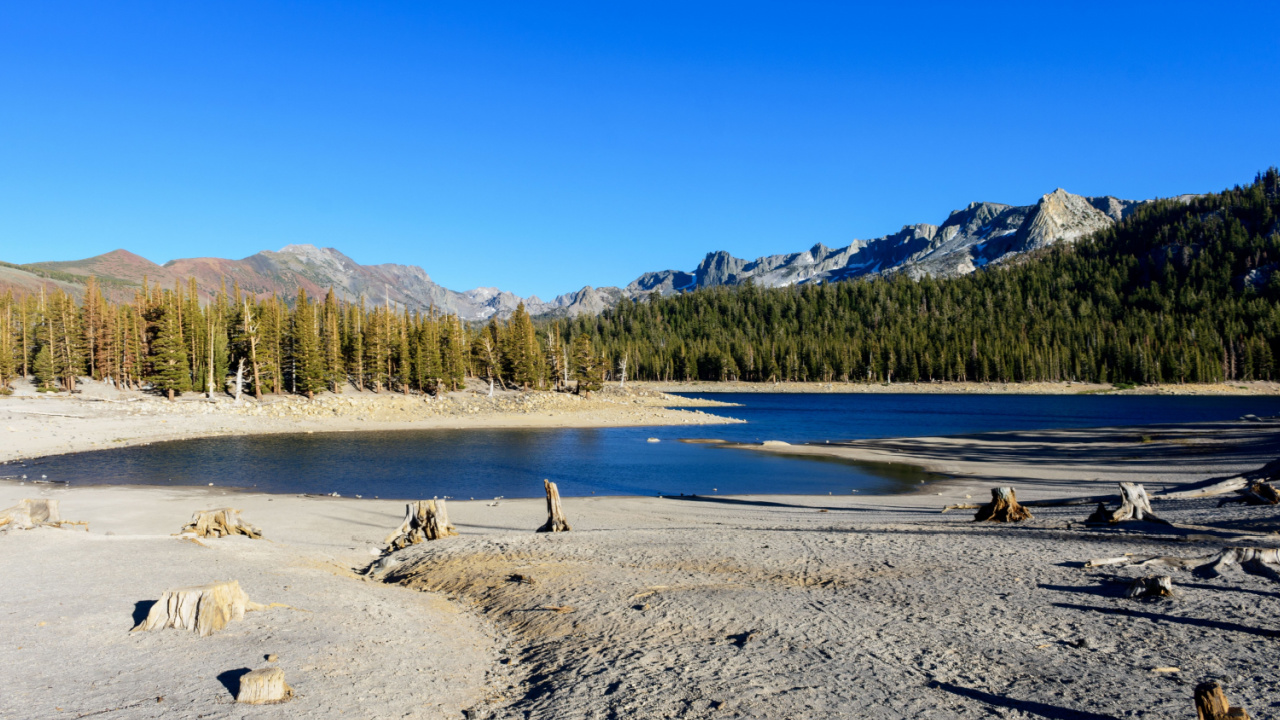
The serene appearance of Horseshoe Lake in California’s Lassen Volcanic National Park belies a hidden danger. The aftermath of earthquakes has transformed this idyllic setting into a hazard zone, where carbon dioxide gas seeps from the earth, suffocating life in its wake. The lake is surrounded by the skeletons of trees that succumbed to the impossibly high C02 levels. While the park’s beauty is undeniable, the silent threat lurking in Horseshoe Lake is a poignant reminder of nature’s dual capacity for creation and destruction.
Gansbaai, South Africa
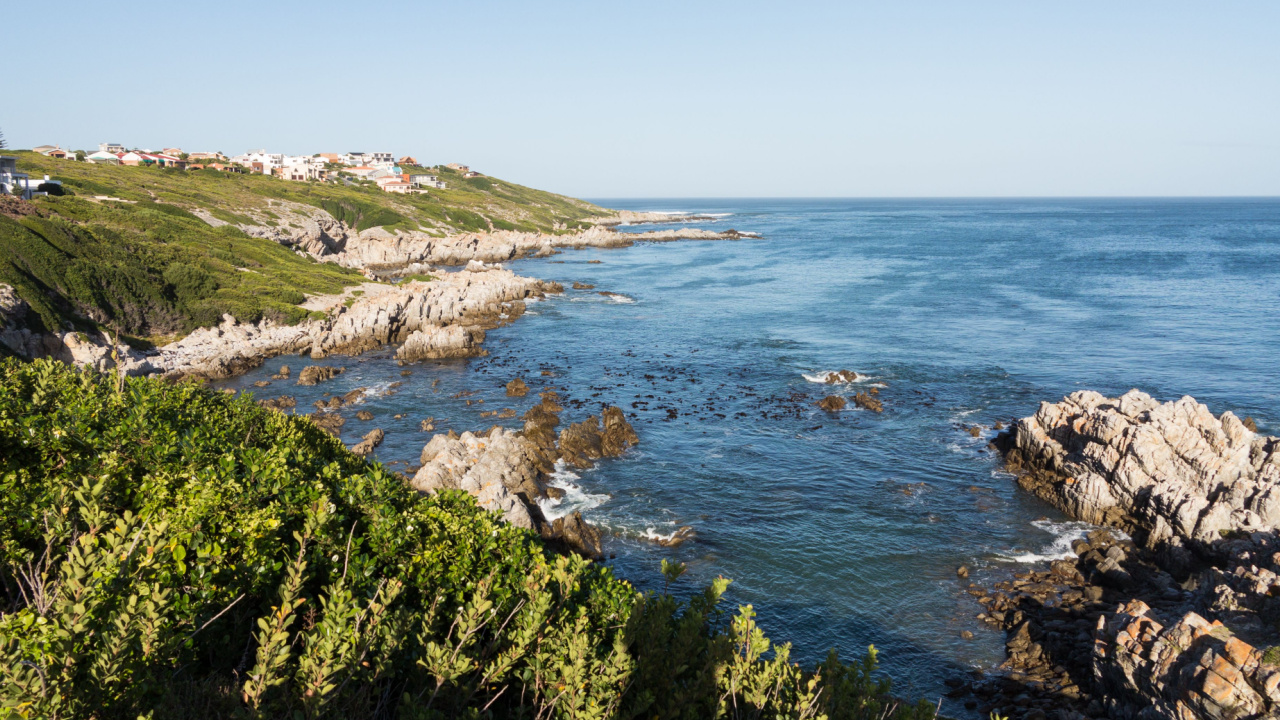
The ominously named Shark Alley near Gansbaai, South Africa, is as thrilling as it is dangerous. Renowned for its dense population of great white sharks, this channel is not for the faint-hearted. While cage diving offers a safe vantage point to witness these majestic predators, the waters beyond the cage are fraught with danger.
Amazon Basin, South America
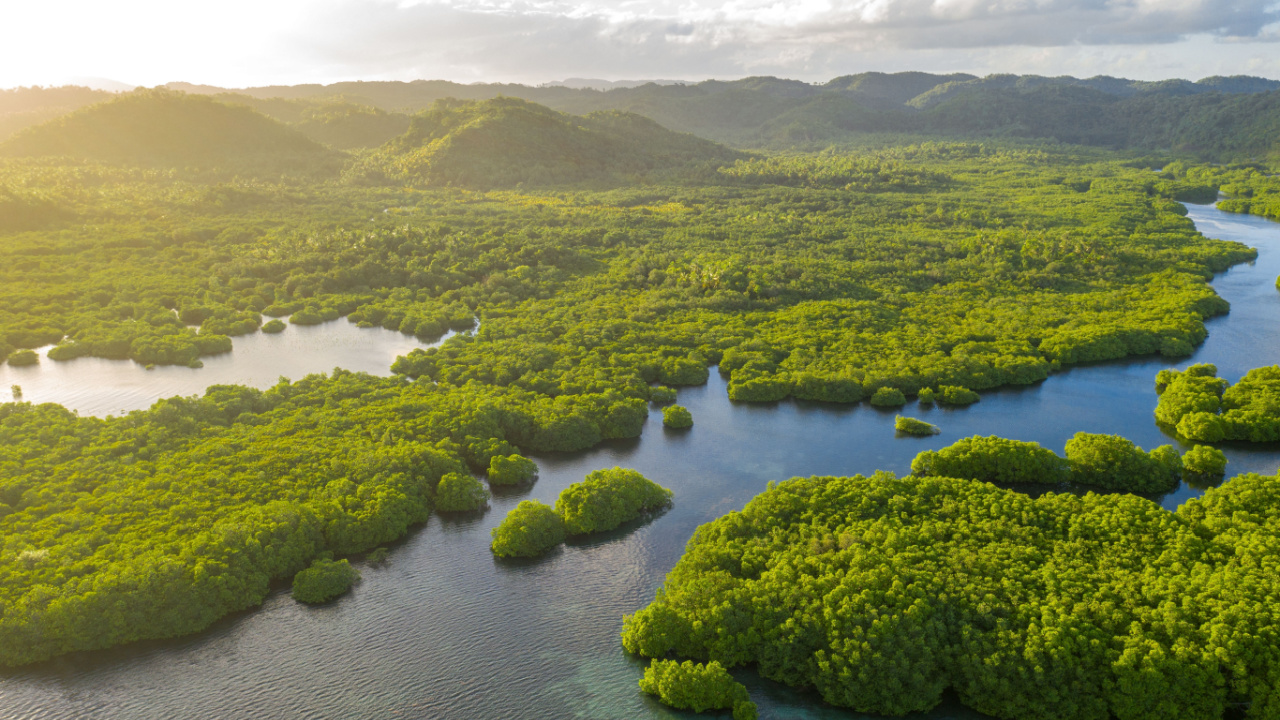
The vast expanse of the Amazon Basin, with its unparalleled biodiversity, is a testament to the wonders of nature. Yet, within its waters lurk creatures capable of turning an adventure into a fight for survival. From the electric shock of eels to the sharp bite of piranhas, the dangers are as varied as they are deadly. The Amazon is a place where the exotic beauty of the rainforest meets the raw reality of nature’s law: survival of the fittest.
Queensland, Australia

Queensland’s waters are a treasure trove of natural wonders, from the breathtaking Great Barrier Reef to the enchanting Whitsundays. However, this paradise is not without its dangers. The waters are home to a formidable array of creatures including sharks, saltwater crocodiles, and venomous marine life like the stonefish, blue-ringed octopus, and the deadly box jellyfish. A brush with a box jellyfish, in particular, can be fatal within minutes, highlighting the need for vigilance in these otherwise inviting waters.
Lake Victoria, Africa

Lake Victoria’s vast expanse touches the lives of millions in Tanzania, Uganda, and Kenya, serving as a crucial resource. Yet, beneath its serene surface, dangers lurk that claim 5,000 lives annually. Erratic weather conditions and a lack of safety measures make Lake Victoria a deceptive beauty, proving it to be one of the most dangerous aquatic environments in the world. Those who venture into its waters must tread carefully, respecting the unpredictable nature of this vast freshwater lake.
Lake Michigan, Michigan

Lake Michigan, a jewel of the Great Lakes, offers idyllic summer recreation opportunities with its warm waters. Yet, it harbors dangerous currents that lead to more current-related deaths annually than any other Great Lake. Its capacity to generate massive waves, sometimes reaching heights of 20-23 feet, adds to the risks, making Lake Michigan a place where beauty and danger are in constant flux.
Jacob’s Well, Texas

Jacob’s Well in Texas, with its inviting crystal-clear waters, has long been a favorite among locals seeking respite from the heat. However, the well’s appeal is marred by the treacherous caves and tunnels that lie beneath, claiming the lives of eight adventurers to date. The narrow opening for cliff jumpers further accentuates the fine line between thrilling fun and grave danger at Jacob’s Well.
Blue Hole, Dahab
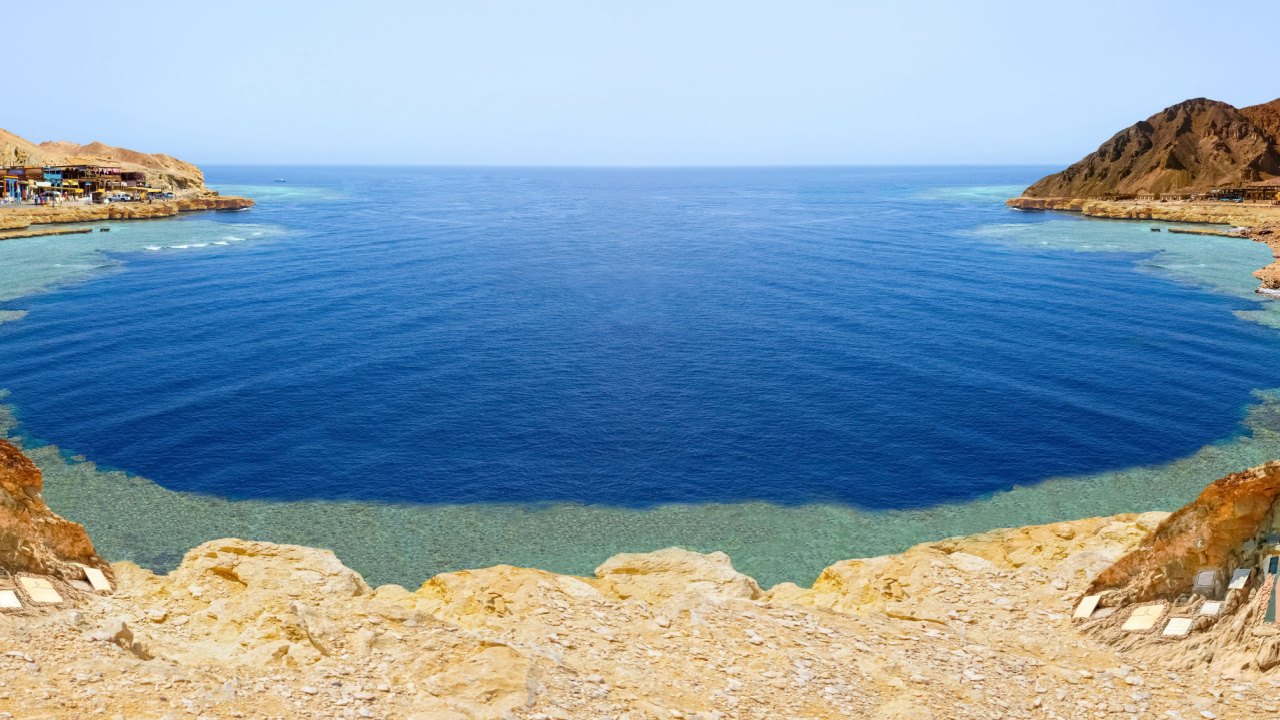
On the Sinai Peninsula’s east coast, the Blue Hole in Dahab is a mesmerizing underwater chasm that lures divers with its depths and beauty. Yet, its reputation as the “diver’s cemetery” underscores the grave risks that come with its exploration. The haunting memorials at its edge, dedicated to those who’ve perished, serve as a solemn reminder of the hundreds of lives claimed by this 394-foot-deep abyss.
Drake Passage, Antarctica
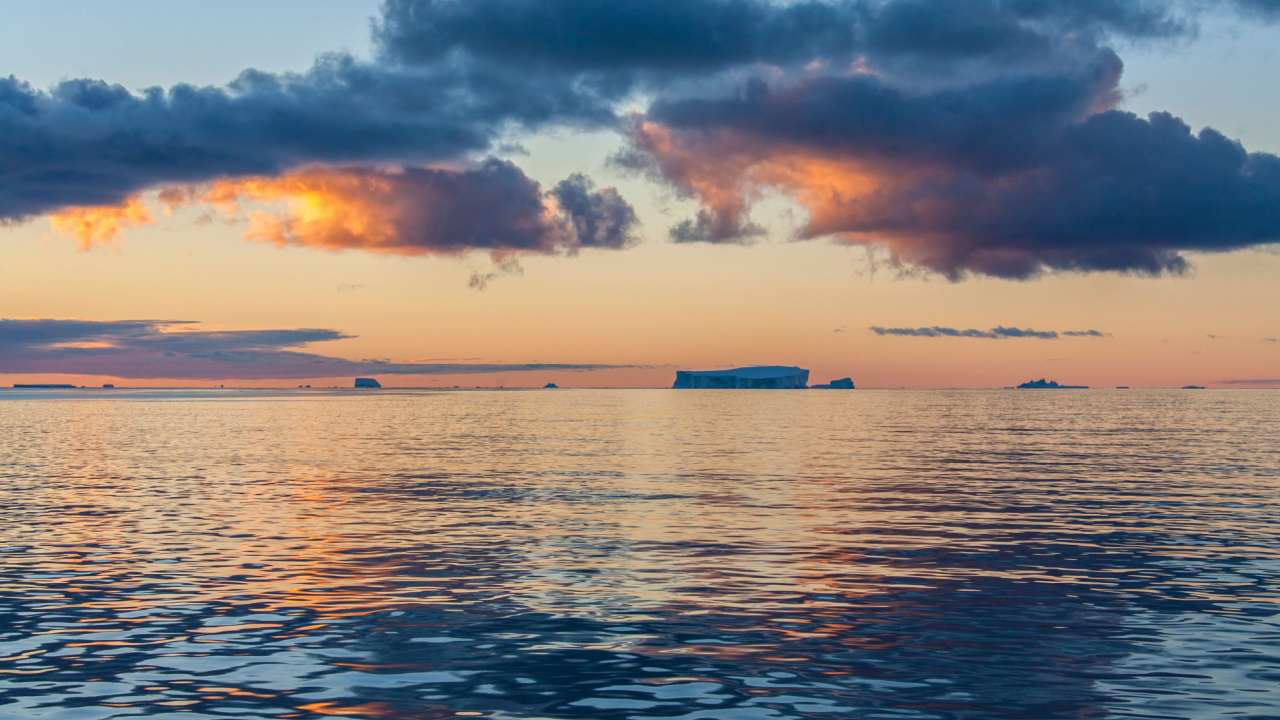
The Drake Passage, a daunting stretch of sea between Cape Horn and Antarctica, epitomizes the perils of maritime navigation. Its infamous conditions—gigantic icebergs, ferocious winds, strong currents, and near-zero visibility—have cemented its reputation as a maritime hazard. This passage, often a rite of passage for polar explorers and sailors, is not somewhere you want to swim.
17 Most Devastating Tornadoes In History
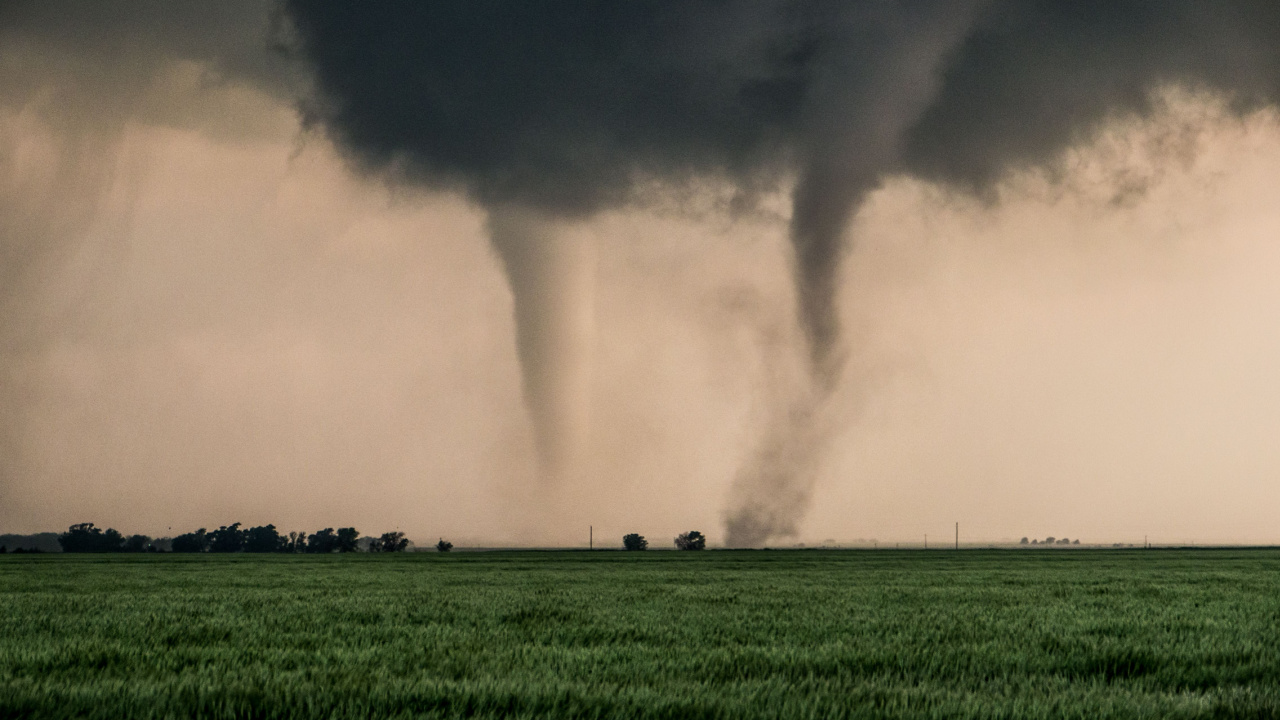
Nature’s fury is terrifying, and tornadoes are among the most deadly natural phenomena. These 17 deadly tornadoes highlight nature’s power and the resilience of humans in the aftermath of such devastation.
24 Most Devastating Blizzards in US History

For preppers, understanding the power and impact of historic blizzards is key to being prepared for future winter emergencies. Each of these historic snowstorms teaches valuable lessons about resilience, planning, and survival. The more prepared we are, the better our chances of survival in an emergency scenario.
- Read More: 24 Most Devastating Blizzards in US History
23 Riskiest Cities To Be During a Power Grid Collapse

In a world where the stability of our power grid is increasingly under threat, knowing which urban areas to avoid during a blackout is crucial for any serious prepper. And which areas to escape as quickly as possible. When you’re making your survival plans, keep in mind that these are the places you don’t want to be.
Image Credit: Shutterstock.
Katy Willis is a writer, lifelong homesteader, and master herbalist, master gardener, and canine nutritionist. Katy is a preparedness expert and modern homesteader practicing everyday preparedness, sustainability, and a holistic lifestyle.
She knows how important it is to be prepared for whatever life throws at you, because you just never know what's coming. And preparedness helps you give your family the best chance to thrive in any situation.
Katy is passionate about living naturally, growing food, keeping livestock, foraging, and making and using herbal remedies. Katy is an experienced herbalist and a member of the CMA (Complementary Medical Association).
Her preparedness skills go beyond just being "ready", she's ready to survive the initial disaster, and thrive afterward, too. She grows 100% organic food on roughly 15 acres and raises goats, chickens, and ducks. She also lovingly tends her orchard, where she grows many different fruit trees. And, because she likes to know exactly what she's feeding her family, she's a seasoned from-scratch cook and gluten-free baker.
Katy teaches foraging and environmental education classes, too, including self-sufficient living, modern homesteading, seed saving, and organic vegetable gardening.
Katy helps others learn forgotten skills, including basic survival skills and self-reliance.
She's been published on sites such as MSN, Angi, Home Advisor, Family Handyman, Wealth of Geeks, Readers Digest, and more.
